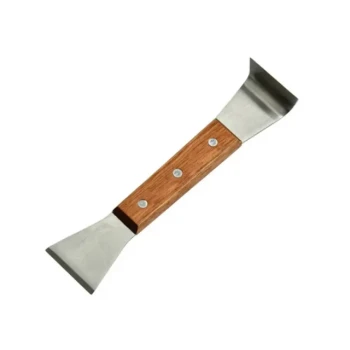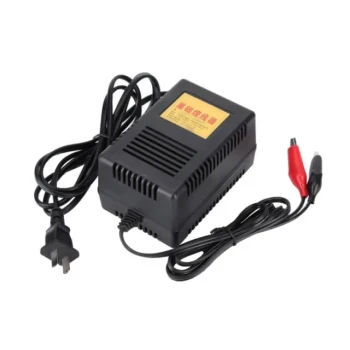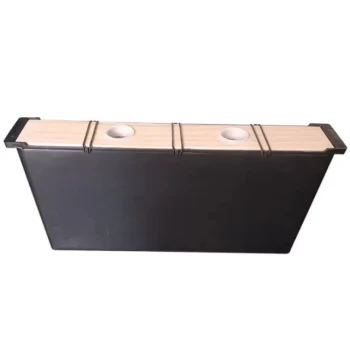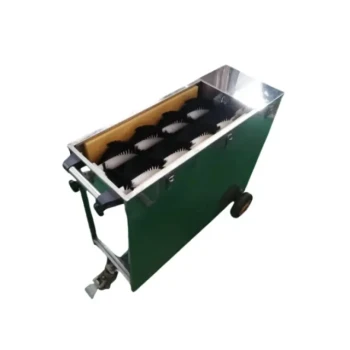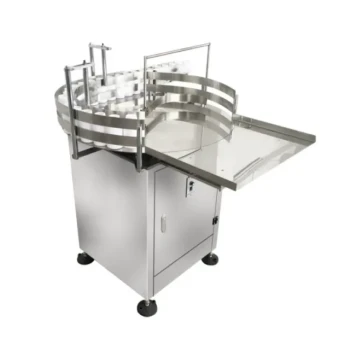In short, beetle traps become ineffective during winter because the target pest—the small hive beetle (SHB)—is largely absent or inactive. Beetle populations decline dramatically in the cold, and any remaining beetles cease their reproductive cycle. Furthermore, the bees themselves often disable the traps by sealing them shut with propolis as they work to insulate their hive for winter.
The ineffectiveness of beetle traps in winter is not a failure of the trap itself, but a direct result of seasonal shifts in both pest biology and honeybee behavior. The most effective pest management strategy is one that adapts to these natural cycles.
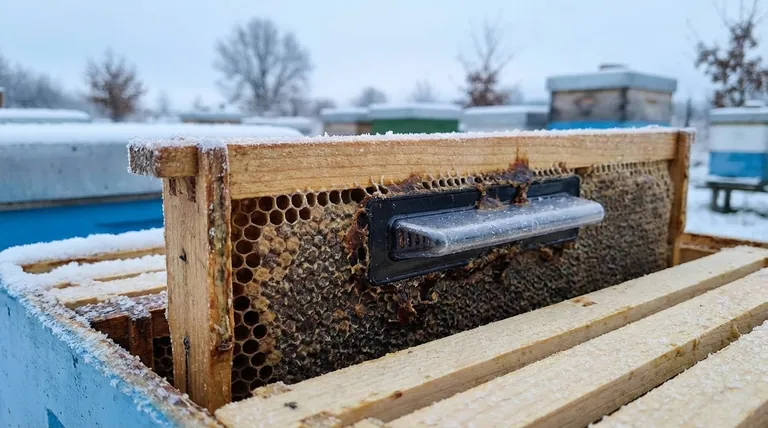
The Core Reasons for Winter Ineffectiveness
To properly manage small hive beetles, it's crucial to understand why a tool that works in August is useless in January. The reasons are tied directly to the biology of both the beetle and the bee colony.
Drastic Reduction in Beetle Population
Small hive beetles do not thrive in cold weather. As temperatures drop, their populations naturally decline. The combination of cold snaps and the end of their typical life cycle means there are simply far fewer beetles present to be caught.
Traps work on the principle of capturing a sufficient number of pests to control their population, but in winter, the population has already been decimated by the climate.
Halting of Beetle Activity and Reproduction
The few beetles that survive and remain inside the hive enter a state of reduced activity, similar to hibernation. They seek shelter within the warm bee cluster but are not actively feeding or mating.
Most importantly, female beetles stop laying eggs in the cold. Since the primary damage from SHB comes from their larvae destroying comb and fermenting honey, this cessation of reproduction dramatically lowers their threat to the colony's winter survival.
The Bees' Own Defensive Measures
As winter approaches, honeybees meticulously seal every crack and drafty opening in their hive with propolis, a resinous glue they create from plant sap. This is a critical wintering behavior designed to maintain the internal temperature of the hive.
Unfortunately, the gaps and openings in beetle traps make them a prime target for this activity. The bees will diligently propolize the traps shut, rendering them physically useless. A sealed trap cannot catch a beetle.
Understanding the Trade-offs: Why Leaving Traps In Is a Bad Idea
While it may seem harmless to leave traps in place, doing so is counterproductive and creates unnecessary risks and work.
It Provides a False Sense of Security
Leaving a non-functional trap in the hive can lead a beekeeper to believe they are still actively managing pests. This distracts from the real priorities of winter management, such as monitoring food stores and ensuring proper ventilation.
It Creates Unnecessary Hive Clutter
The winter bee cluster needs a clean, predictable space. Adding foreign objects like useless traps can interfere with the cluster's movement and behavior. Once propolized, these traps become fixed, inconvenient obstacles inside the hive.
It Guarantees More Work in the Spring
A trap that has been heavily propolized over the winter will be difficult to remove and clean in the spring. You are better off removing them in the fall when they are still clean, saving yourself significant time and effort when the busy spring season begins.
How to Apply This to Your Apiary
Effective beekeeping means working with the seasons, not against them. Use the winter downtime to prepare for the pest pressures of the coming year.
- If you are heading into winter: Remove your beetle traps after the first few hard frosts. Clean and store them so they are ready for immediate deployment in the spring when temperatures rise.
- If you are concerned about a few remaining beetles: Trust the cold temperatures and the bees' natural defenses. A strong, well-fed winter cluster can effectively manage a very small, inactive beetle population.
- If your goal is maximum hive health: Shift your winter focus from active trapping to passive management. Ensure your colonies have ample food, are well-insulated, and have a ventilation strategy to manage moisture.
Adapting your pest management strategy to the seasons is the hallmark of a skilled and effective beekeeper.
Summary Table:
| Season | Beetle Activity | Trap Effectiveness | Beekeeper Action |
|---|---|---|---|
| Spring/Summer | High reproduction & activity | Highly effective | Install & monitor traps regularly |
| Fall | Declining due to cold | Decreasing | Remove traps after first frost |
| Winter | Dormant/inactive | Ineffective | Focus on hive insulation & food stores |
Upgrade Your Seasonal Beekeeping Strategy with HONESTBEE
Winter is the perfect time to prepare for spring's pest challenges. At HONESTBEE, we supply commercial apiaries and beekeeping equipment distributors with durable, effective beetle traps and other essential supplies through our wholesale-focused operations. Ensure your colonies are protected year-round with equipment designed for real-world beekeeping.
Contact us today (#ContactForm) to discuss your seasonal supply needs and strengthen your apiary's defense against small hive beetles.
Visual Guide
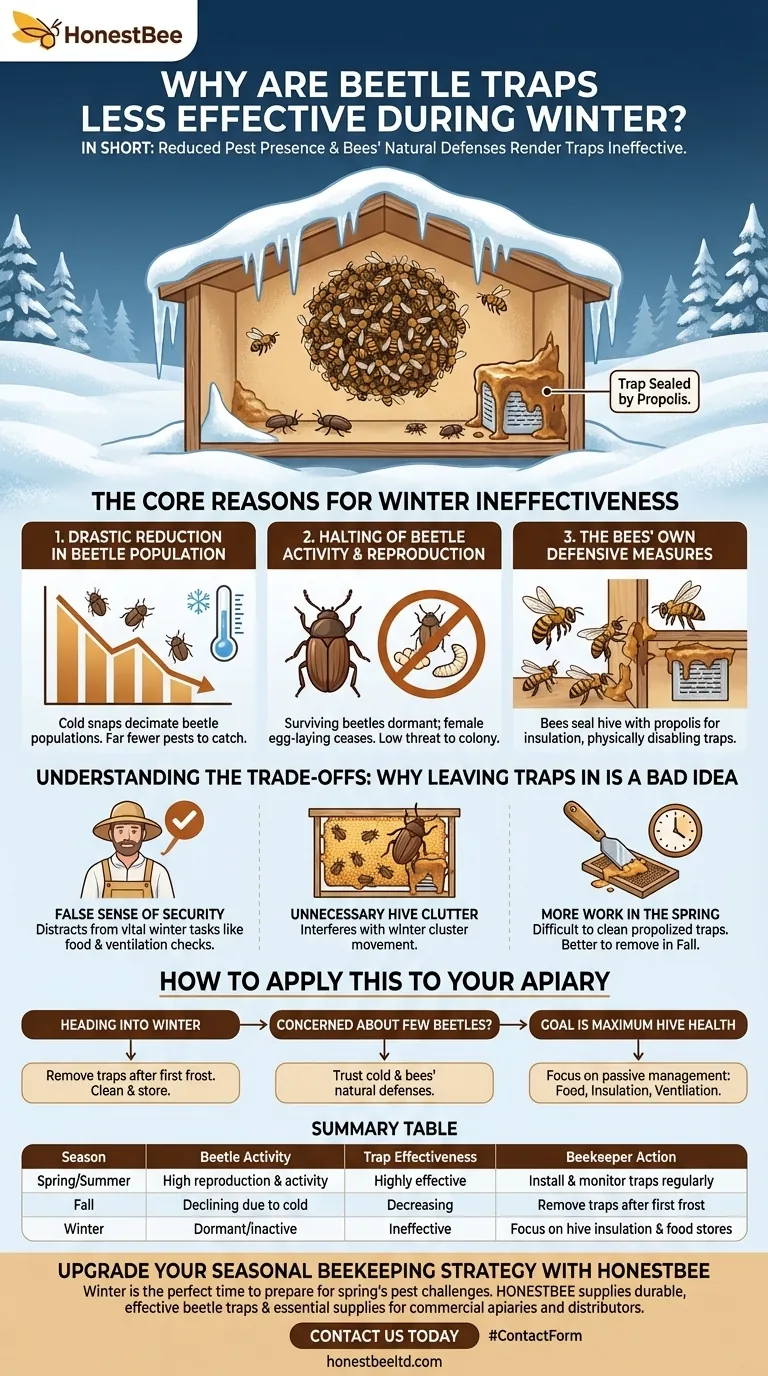
Related Products
- Plastic Beetle Blaster Trap Beekeeping Tools and Supplies
- Black Plastic Beetle Barn Hive Beetle Trap for Beehives
- Removable Washable Hive Beetle Trap Attractants for Small Hive Beetles
- HONESTBEE Advanced Ergonomic Stainless Steel Hive Tool for Beekeeping
- Professional Dual-End Stainless Steel Hive Tool for Beekeeping
People Also Ask
- What is the primary function of Beetle Blasters? Control Small Hive Beetles Effectively
- What are the advantages of handheld beetle blasters and traps? Simple, Chemical-Free Hive Protection
- How do beetle blasters work to protect bee colonies? Effective IPM for Healthy Hives
- What should be avoided when installing Beetle Blasters in a hive? Avoid These 3 Costly Placement Mistakes
- How can the effectiveness of Beetle Blasters be improved? Achieve Flawless Placement for Maximum SHB Control




